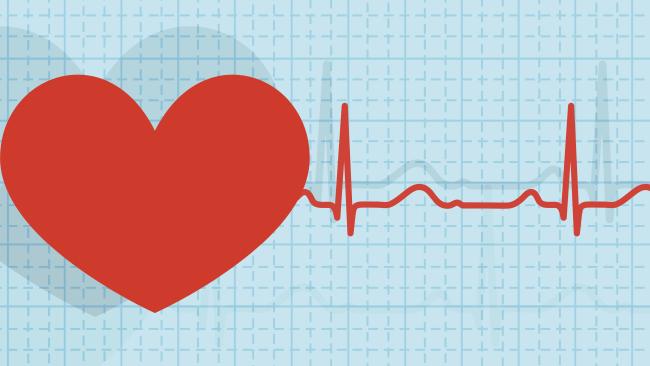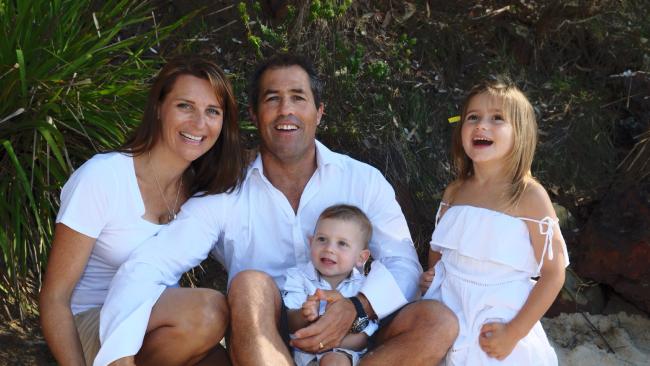Sue DunlevyNews Corp Australia Network

YOUR flu shot can stop a heart attack as well as the dreaded winter virus.
And it’s more effective at reducing cardiac events than actual heart medications like anti-cholesterol medicines and blood pressure tablets a new study shows.
Researchers are now calling on the government to consider making a free flu vaccine available to all those aged over 50 to help prevent heart attacks. They say anyone with heart disease should get a flu vaccination.
In 2013 University of NSW researcher Professor Raina MacIntyre found in a small Australian study that the flu vaccine could lower the risk of a heart attack by 45 per cent.

A new study published in the journal Heart on Thursday looks at 16 studies from around the world and finds the flu vaccine is 29 per cent effective at preventing heart attacks.
It has long been known that influenza can be a factor in causing heart attacks, in fact having the flu doubles your risk of a heart attack, Professor MacIntyre says.
The reason is the flu raises the heart rate, increases body temperature and the amount of oxygen in the blood, it also changes the consistency of the blood so it clots more easily and that acts to cause an acute blood clot.
Normally a person needs to have an artery that is 85-90 per cent blocked by plaque to be at risk of a heart attack but a 40 per cent blockage may be enough to cause an event in someone with the flu, she says.

“In our society today because of our lifestyle many young people have coronary artery plaques,” she said.
“They may have no symptoms and be unaware but if they get influenza on top of that they could have a blood clot,” she said.
The vaccine works in preventing heart attacks because it stops people getting the flu, she says.
The Heart study compared the effectiveness of the flu vaccine to other preventive measures for a heart attack and found a flu vaccination worked better than many heart medicines.
Anti-cholesterol medicines like statins are 25 per cent effective at preventing heart attacks, blood pressure medication is 15-18 per cent effective and smoking cessation 26 per cent effective, the study found.
Having a flu vaccine was 29 per cent effective in preventing a heart attack.

However, Professor MacIntyre says the comparison should be seen only as a ballpark because the medications have been subject to randomised controlled trials while the flu data is based only on epidemiological observations.
“The point is that we look at these (medication) interventions and accept them as working and here we have something in the same ballpark we could add to it,” she said.
Every year around 54,000 Australians have a heart attack and in 2013 heart attacks claimed 8,611 Australian lives.
“A flu vaccine is safe, effective and is not expensive. Based on the study’s findings, I would recommend the flu jab for anyone over 50 regardless if they are at risk of heart disease,” Professor MacIntyre said.
She says the government should look at the cost effectiveness of expanding the free flu vaccination program to 50-64 year olds taking into account the role of the vaccine in preventing heart attacks.

Sydney mum Liza Stern says she’s never had a flu vaccine even though she suffered a massive heart attack last year.
“I had no idea the vaccine was seen as a preventive measure,” she said.
The 42-year-old travel consultant suffered a heart attack and went into cardiac arrest a year ago.
“It was such a shock, a bolt from the blue because I’m not a 60-year-old smoker who is unfit,” she said.
“I needed 32 minutes of CPR and seven shocks. I was in hospital for five days and had a second heart attack,” she said.
Ms Stern’s heart attack was caused by a rare connective tissue disorder called fibromuscular dysplasia that caused her left arterial artery to tear stopping the blood flow.
“I’m active, I eat well and I don’t look like a typical heart attack victim,” she says.
“My GP is an advocate for the flu vaccine. I’m off to the doctor later this week and I’ll take her advice,” she says.